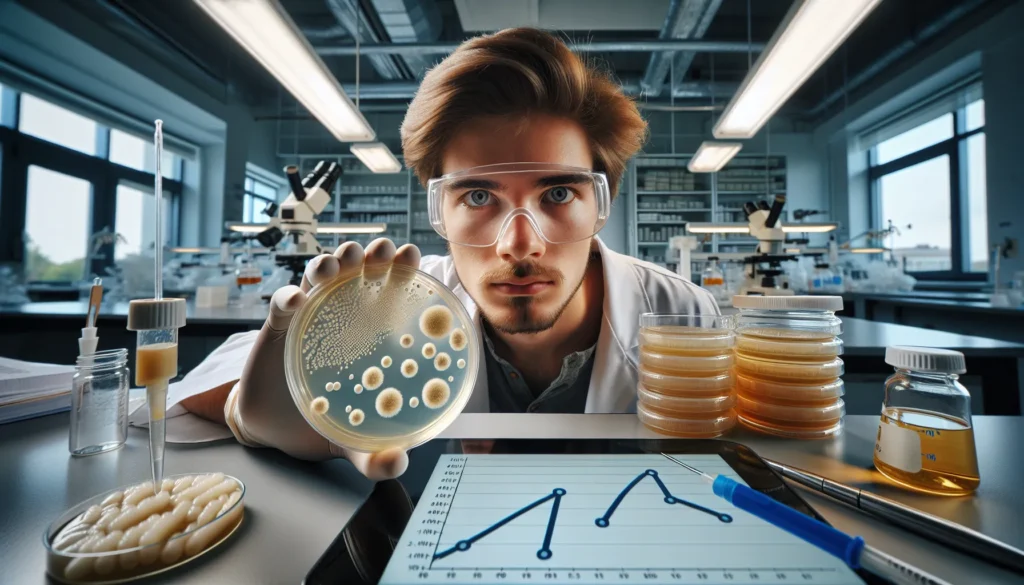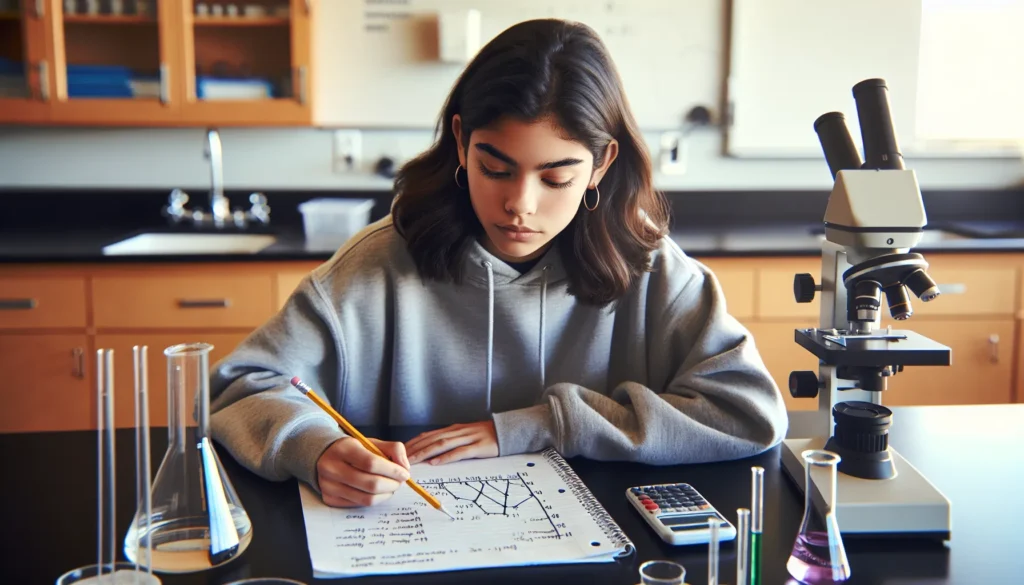What Jobs Can I Get With A Biology Degree?
When I finished my biology degree, I remember staring at my diploma with two competing thoughts: I loved the science… and I had no idea what to do next. If you’re asking “what jobs can I get with a biology degree,” you’re not alone. The good news? Biology is a launchpad, not a lane. From labs to conservation to product roles at biotech startups, there are more paths than most of us were ever shown in intro bio. Here’s how your degree translates into real jobs, and how to pick a direction that actually fits you. Key Takeaways How A Biology Degree Translates To Jobs Biology isn’t just facts about cells: it’s a toolkit employers recognize. Here’s what I’ve seen matter most: Those translate into roles that value precision, pattern-spotting, and reliability. Add one or two applied skills, like GxP (good practice) basics, GIS, or data visualization, and your options expand fast. Clinical And Healthcare Paths Clinical Research And Lab Roles If you like structured science and teamwork, clinical and diagnostic settings can be a great fit. Roles to explore: Why it’s compelling: you get clear training pathways (GCP, CLIA, ASCP), predictable hours in many labs, and a direct impact on patient care. Patient-Facing Roles And Advanced Practice Tracks If you love biology but want more human contact: Tip: if you’re considering advanced practice, stack shadowing, volunteer hours, or certifications (EMT, CNA) early so applications feel natural instead of rushed. Biotech, Pharma, And Research R&D, Lab Technician, And Data Roles Curious, hands-on, and okay with a little failure (the good kind)? Bench science or data roles might be your thing. Why it’s compelling: cutting-edge projects, clear technical growth, and strong internal mobility (from RA to Scientist or into product-facing roles). Quality, Regulatory, And Manufacturing Operations If you like order, checklists, and making sure things work exactly as intended, this ecosystem is underrated gold. These roles value precision and documentation, exactly what biology labs train you to do. Environment, Conservation, And Public Health Environmental Consulting And Compliance If your happy place is a field notebook and a pair of boots, consider: Expect a mix of field days and report writing, and yes, some travel. Wildlife, Ecology, And Natural Resources Fieldwork can be competitive, so stack skills like GPS, boating, chainsaw certification, or SCUBA (for marine work). Education, Communication, And Business Teaching, Writing, And Outreach If you’re the explainer in your friend group, these paths feel natural: Sales, Marketing, And Product Specialist Roles Biology grads do well in roles that blend science with people skills: If you enjoy demos, storytelling, and problem-solving on the fly, this lane can be surprisingly fun. How To Choose And Break In Certifications And Short Courses Small add-ons can unlock job postings and higher pay. Pick 1–2 aligned with your target role: I’d choose one certificate you can finish in 4–8 weeks to build momentum. Experience, Networking, And Application Tips A few moves that make a big difference: Tiny script that works: “Hi [Name], I’m a biology grad exploring [X role]. I noticed your path from [Y] to [Z]. What skills helped you stand out for your first role? Happy to keep it to 15 minutes.” Conclusion Your biology degree is more versatile than it looks on paper. If you love the bench, there’s room in R&D and diagnostics. If people energize you, patient care, outreach, and sales are wide open. If you crave impact at scale, try public health, regulatory, or manufacturing. Start with one small bet, an entry job, a short certification, a conversation with someone doing work you admire, and let that momentum carry you forward. The question isn’t only “what jobs can I get with a biology degree,” but “which version of science do I want to live in every day?” That’s where the right job tends to show up. Frequently Asked Questions: What Jobs Can I Get With a Biology Degree? What jobs can I get with a biology degree? Examples include clinical research coordinator, research assistant, medical laboratory scientist, histology or molecular technologist, R&D research associate, bioinformatics analyst, QA/QC specialist, GMP manufacturing associate, environmental consultant, wildlife technician, science teacher or medical writer, and biotech sales. These “what jobs can I get with a biology degree” paths span labs, fieldwork, and business. Which certifications help me get hired with a biology degree? Hiring managers value targeted add-ons: GCP/ICH for clinical roles; ASCP or phlebotomy for diagnostics; cGMP, cleanroom, ISO 13485, or Six Sigma for manufacturing/quality; RAPS or CAPA/document control for regulatory; HAZWOPER and OSHA for environmental; plus Python/R, SQL, or Tableau for data—and HIPAA for patient-facing work. What entry-level biology jobs pay well? If you’re asking “what jobs can I get with a biology degree” that pay well, consider R&D research associate ($55–80k), bioinformatics/data analyst ($70–100k+ with skills), QA/QC specialist ($60–90k), GMP manufacturing associate ($60–85k), or clinical research coordinator ($50–65k). Pay varies by city, sector, and shift. How to choose between clinical, biotech, and environmental biology careers? Match your preferences: clinical favors structured teamwork and patient impact; biotech suits curiosity, experiments, and data; environmental emphasizes fieldwork and reporting. Add one depth skill—GxP basics, coding (R/Python), or GIS—to test fit. Shadow, volunteer, or take seasonal gigs, then iterate your applications based on interviews. Do I need a master’s to get a good job with a biology degree? No. Many roles hire BS grads—research associate, clinical research coordinator, QA/QC, manufacturing, environmental consulting, and sales. Advanced practice (PA, NP, MD/DO), genetic counseling (MS), or some lab specialties may require more. You can access many “what jobs can I get with a biology degree” options without grad school. How long does it take to land a biology job after graduation, and how can I speed it up? Timelines vary, but 2–6 months is common. Accelerate by stacking 4–8 week certifications, tailoring resumes to job keywords, building a small portfolio (GitHub, case studies, writing samples), and using warm introductions to alumni. Apply in weekly batches (5–7), track responses, and refine after each interview.
What Jobs Can I Get With A Biology Degree? Read More »










